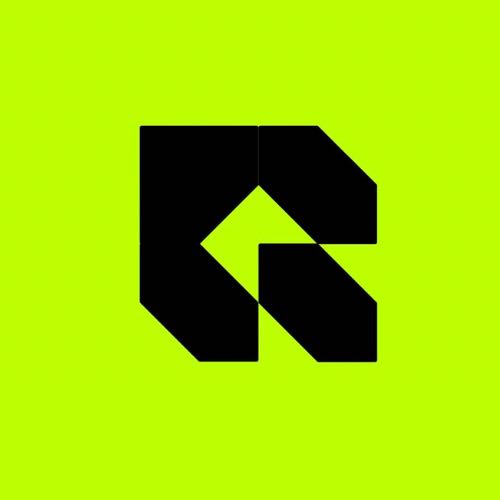Coinbase bets on Midas, RWA waves rise again
Original | Odaily Planet Daily
Author | Fu He
With BlackRock launching a tokenized fund that attracted $160 million in a week, and Ondo, as the leading project in the RWA sector, allocating the underlying assets of its product OUSG (U.S. Short-Term Treasury ETF) to BUIDL, RWA has once again become a hot topic of discussion in the community.
As one of the important bridges connecting the crypto industry with real-world assets, RWA has been highly anticipated since its inception. However, the RWA projects that are truly well-known and adopted are only a few, such as Ondo and MakerDAO.
Recently, the RWA project Midas completed a $8.75 million seed round financing, with participation from institutions like Coinbase Ventures and GSR. With the backing of well-known institutions, Midas has entered the public eye.
Below, Odaily Planet Daily will elaborate on the overview of the Midas project and its future development prospects.
Surface RWA, Actual Yielding Stablecoin
Midas is a protocol for asset tokenization that transforms tokenized real-world assets into permissionless ERC 20 tokens, allowing these tokens to circulate in DeFi projects. The first asset tokenization product launched by Midas is mTBILL, which currently has an annualized yield of 5.23% and a TVL of $3.03 million.
The underlying asset of mTBILL is the iShares $ Treasury Bond 0-1 yr UCITS ETF (IB 01.L), which has an asset management scale of $14.6 billion and a daily trading volume of $25.18 million, with an annualized return of 5.26% and a S&P rating of AA. Each mTBILL token is pegged to each share of IB 01.L at a 1:1 ratio.
When the underlying treasury bills mature, the assets are reinvested, thereby increasing the fund's net asset value (NAV). As the overall fund's NAV accumulates, the value of the corresponding tokens increases sequentially. Therefore, the redemption of the mTBILL product will be calculated based on the NAV at that time.
Like other RWA projects, purchasing and redeeming mTBILL products requires KYC and AML verification. Individuals and institutions in the U.S. cannot participate, while other countries are not restricted. Additionally, the initial purchase threshold is set at 12,000 USDC, which is not low, but it is not specified what type of investors are allowed to purchase; as long as the funds meet the requirements, it is acceptable. It is worth noting that the project has not clearly stated the threshold requirements for redeeming assets, only mentioning the purchase threshold. If a portion of mTBILL is purchased on the secondary market, whether it can be exchanged immediately still needs further confirmation. Although the project claims it is responsive immediately, the process of purchasing and redeeming takes some time.

The flowchart of the mTBILL product is as follows. After users complete KYC and AML verification, they can deposit tokens into the contract via USDC or transfer funds via bank wire. The project will provide the tokenized note mTBILL. However, one point of doubt is that mTBILL will track IB 01.L at a 1:1 ratio, but the project has not explained the subsequent movements of the tokens after they are deposited into the contract address, such as which company will purchase IB 01.L, or if it is assumed that the Midas project will purchase it themselves, but there is no third party for supervision, nor does it provide an SPV like Ondo for risk isolation.

In addition, Midas focuses on permissionless tokenized DeFi in the RWA sector. After buyers purchase mTBILL, they can participate in related DeFi projects on-chain, mainly for lending, without needing to verify the counterparty's KYC status, allowing for trading in the market. However, if asset redemption is to occur, the redeemer must meet KYC and other related verifications. Midas's approach is to review the entry and exit of mTBILL, while the actions during the process are not restricted.
In terms of fees, Midas does not charge issuance fees in the early stages of the project, only charging an ETF management fee of 0.07%. Whether there will be charges in the future remains unknown.
Overall, among most RWA projects that primarily target institutions and high-net-worth investors, the Midas protocol emphasizes the on-chain DeFi use of RWA products, integrating RWA products into the existing DeFi ecosystem, providing additional yield and utilization for the products. Although there has not yet been support from related lending protocols, Midas is still in its early stages, and with the support of institutions like Coinbase and GSR, the DeFi use cases may continue to expand. Interested investors should also pay attention to the risk points mentioned earlier—product-related descriptions are still not complete.










